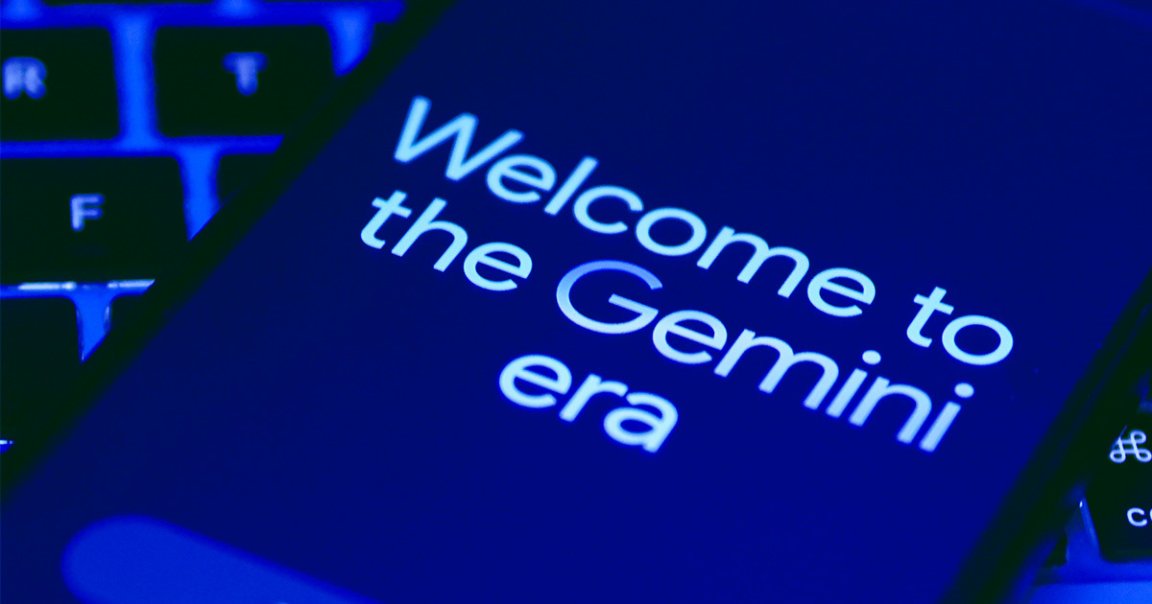
Ad Attack
Google’s notoriously wonky AI Overviews feature — you know, the one that repeatedly makes up facts and literally tells users to eat rocks — is about to get a whole lot more annoying.
On Thursday, the tech giant announced that its AI-generated search summaries will now begin to show ads above, below, and within them, as a way of demonstrating that the technology is capable of actually making money.
It will also serve to assuage concerns that AI chatbots could eat into search ad revenues, which are Google’s biggest cash cow.
Now, if you search how to get a grass stain out of jeans, as seen in an example in Google’s blog post, you’ll get an AI summary which contains a carousel of relevant website links, plus a heavy helping of “Sponsored” ads for stain removers. Revolutionary stuff.
“People have been finding the ads within AI Overviews helpful because they can quickly connect with relevant businesses, products and services to take the next step at the exact moment they need them,” Shashi Thakur, vice president of Google Ads, wrote in the blog post.
Perhaps signaling its commitment to weaving its search engine with AI tech most of all, the company is also rolling out a separate product for mobile users called AI-organized Search results pages, which will be full-pages — right now limited to recipe searches — that are entirely populated with content curated by an AI.
Here Comes the Sludge
The move is all well and good for the company’s investors. But for others, this is just introducing more AI slop that’s watering down an increasingly less useful search engine.
Like AI chatbots in general, Google’s AI Overviews have earned a reputation for being unreliable and making up facts. Notable gaffes include recommending putting glue on pizza and smearing poop on a balloon — and its bad rep is no doubt heightened by the fact that the AI summaries are forced to the top of a search engine that practically everyone uses.
And while this will protect Google’s revenue stream, it does little for the websites who are losing clicks because their content is being mediated through an AI model. A Google spokesperson confirmed to Bloomberg that the company won’t share ad money with publishers whose material is cited in the AI overviews.
As a small concession, however, Google will start including inline links to those sources. Rhiannon Bell, Google Search’s VP of user experience, claims that tests showed that compared to the old design, which relegated links to the bottom of the summaries, this new one sends more traffic to the cited websites, per Bloomberg.
In any case, it’s looking like Google is in the AI search game for the long haul.
More on Google: Google Paid $2.7 Billion to Get a Single AI Researcher Back